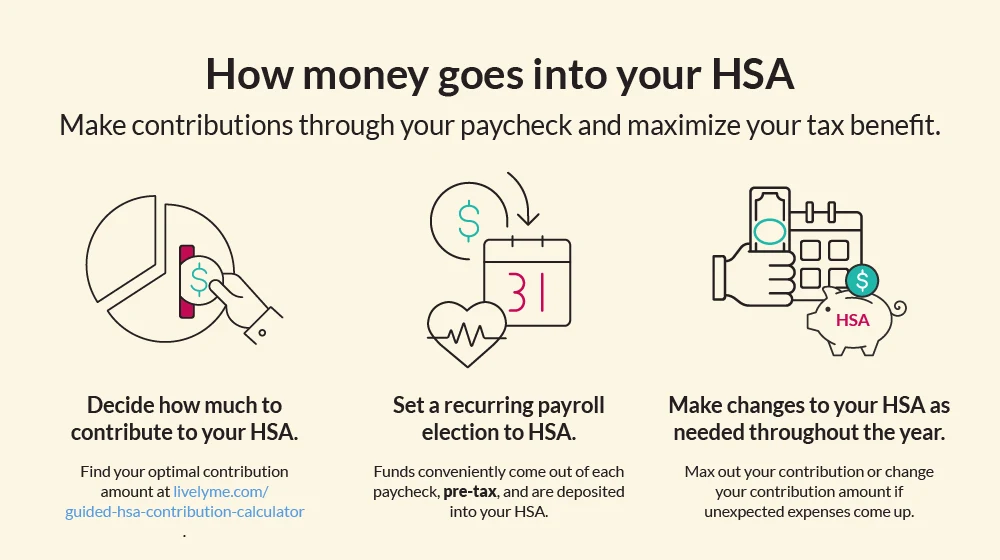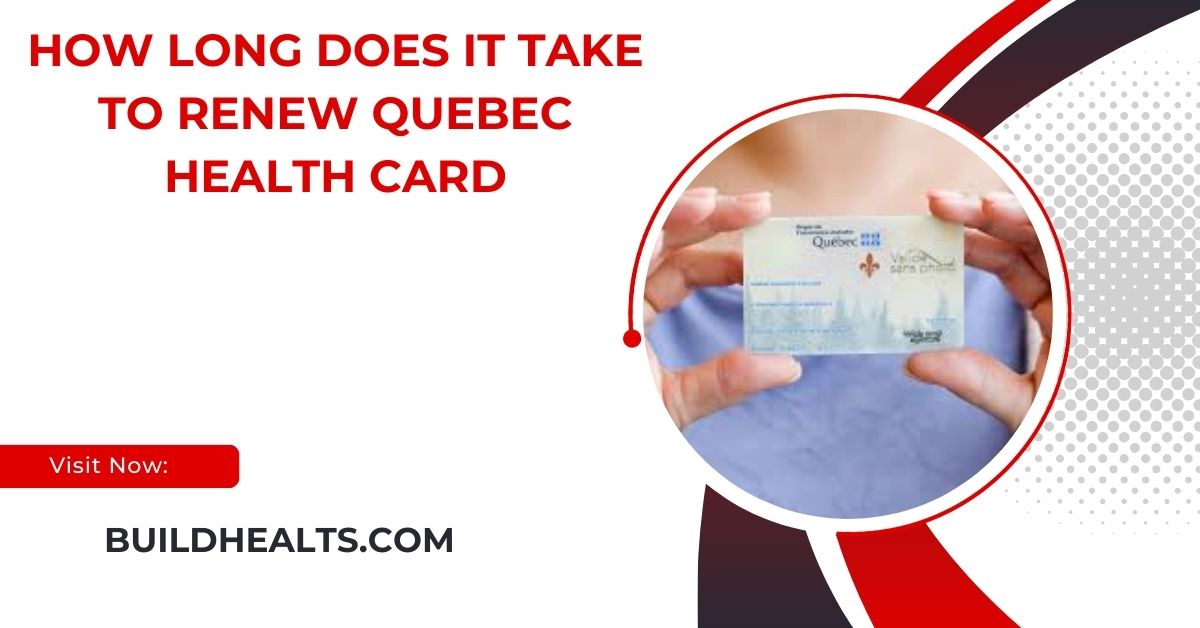Health care credits can be replaced with public health systems, health insurance, HSAs, telemedicine, government programs, and community services, reducing costs and improving access.
This article will explore what people can substitute health care credits with and look at various alternatives for affordable health care.
Understanding Health Care Credit:

Health care credits, such as the ACA subsidies in the USA, help lower insurance premiums for individuals with low to moderate incomes. In countries without similar programs, alternative strategies to reduce health care costs include community health initiatives, employer-sponsored insurance plans, and private health savings accounts. Additionally, individuals can explore discounted medical services, nonprofit organizations, and government-backed programs that may offer assistance in making health care more affordable and accessible.
What is equivalent to CareCredit?
CareCredit is a healthcare credit card that helps individuals pay for medical expenses by offering financing options for health-related treatments. Equivalent alternatives to CareCredit include:
- Health Savings Accounts (HSAs): Tax-advantaged savings accounts for medical expenses.
- FSA (Flexible Spending Accounts): Employer-sponsored accounts for health care costs.
- Medical Credit Cards: Other medical-specific financing cards like Alphaeon Credit or LendingClub Patient Solutions.
- Personal Loans: Unsecured loans for health care expenses from banks or credit unions.
- Special Financing Plans: Some healthcare providers offer their own financing options, similar to CareCredit.
Each option has different terms, interest rates, and eligibility requirements, so it’s important to compare them based on your needs.
Public Health Care Systems:
Many countries, especially those with universal health care, offer public health services that are either free or low-cost to residents. These services are funded through taxes, and everyone in the country, regardless of income, is eligible for them. If you live in a country with a strong public health care system, this might be the best substitute for health care credit.
Examples of Countries with Public Health Care:
- United Kingdom: The National Health Service (NHS) offers free health care to all residents. It covers doctor visits, hospital care, surgery, and emergency services.
- Canada: Canada’s health care system is publicly funded and provides essential services such as hospital care, doctor visits, and emergency treatment without direct cost at the point of care.
- Australia: Medicare is the public health care system that offers free or subsidized services, including doctor visits, hospital care, and certain medications.
Also read: Genesis Health Club – A Comprehensive Guide To Fitness, Wellness, And More!
Why Consider Public Health Care?
Public health care systems offer affordable services to all citizens, often with low or no upfront costs, making them a good alternative to health care credits. However, the quality and availability of care can vary, with longer wait times for non-emergency treatments. Additionally, some procedures or treatments may not be covered, depending on the country’s public health policies.
Health Insurance:
For those who don’t qualify for public health services, health insurance is often a good substitute for health care credits. Health insurance can provide coverage for medical expenses, including doctor visits, hospital stays, and surgery. Many countries offer a variety of health insurance plans with different levels of coverage, so it’s essential to choose one that fits your budget and health care needs.
How to Choose Health Insurance:
- Employer-Sponsored Insurance: If you are employed, your employer may offer health insurance as part of your benefits package. Employer-sponsored plans can be a cost-effective way to get health coverage.
- Private Health Insurance: If employer-sponsored insurance is not available, private insurance companies offer plans that can cover both basic and extensive medical needs. These plans vary widely in cost, coverage, and exclusions.
- Community Health Insurance: Some communities offer health insurance plans that are cheaper and more accessible than private insurance. These plans are often offered through local organizations, cooperatives, or nonprofits.
Why Consider Health Insurance?
Health insurance can give you peace of mind knowing that you will have financial help when you need medical treatment. It can help reduce out-of-pocket costs and protect you from high medical bills. However, health insurance premiums can be expensive, so it’s important to evaluate your needs and budget before choosing a plan.
Health Savings Accounts (HSAs):

A Health Savings Account (HSA) is a tax-advantaged account that allows you to save money for future medical expenses. Unlike health care credits, which are typically provided by the government, an HSA is a personal savings account where you can deposit money for medical use. Many countries allow you to contribute to such accounts, and the money in them can be used for a wide range of health-related expenses, such as doctor visits, prescription medications, and hospital bills.
Benefits of an HSA:
- Tax Benefits: Contributions to an HSA are often tax-deductible, and the money grows tax-free.
- Control Over Funds: You have full control over how the funds are used, giving you the flexibility to choose health care providers and treatments.
- Carrying Funds Forward: Unused money in an HSA can often be carried over to the next year, which is a benefit compared to some insurance policies that may not allow unused benefits to roll over.
Why Consider an HSA?
Health Savings Accounts (HSAs) allow you to save money tax-free for medical expenses, making them a smart option if you’re generally healthy and don’t need frequent care. By contributing to an HSA, you can accumulate funds for future medical needs, ensuring you’re financially prepared when unexpected health costs arise, while also benefiting from tax advantages.
Telemedicine Services:
Telemedicine is the use of technology to provide medical consultations remotely. This has become an increasingly popular way to access health care, especially in rural or underserved areas. Telemedicine services can provide consultations with doctors, psychologists, or specialists without needing to visit a clinic in person.
Also read: Elevance Health Careers – Exploring Opportunities In Healthcare And Innovation!
Benefits of Telemedicine:
- Convenience: You can access health care from the comfort of your home, saving time and transportation costs.
- Cost-Effective: Telemedicine consultations are often less expensive than in-person doctor visits, making it a more affordable option for those without health care credits.
- Accessibility: For those living in remote or underserved areas, telemedicine provides a way to consult with medical professionals without having to travel long distances.
Why Consider Telemedicine?
Telemedicine is an affordable option for non-urgent health concerns, like mental health consultations, follow-up appointments, or general medical advice. It offers convenience and cost savings, especially for routine care, without the need for in-person visits. While it can’t replace in-person care for serious conditions, telemedicine can be an effective alternative for many everyday health needs.
Government Health Programs:
In some countries, governments offer additional health programs that target specific groups of people, such as the elderly, children, pregnant women, or low-income families. These programs might not be health care credits in the traditional sense, but they provide support in the form of free or subsidized care for those who qualify.
Examples of Government Health Programs:
- Medicaid (USA): A government program that provides free or low-cost health coverage to low-income individuals and families.
- Public Health Programs (Other Countries): Many countries have similar programs designed to help vulnerable populations get access to necessary health care services, including immunizations, maternal health, and preventive care.
Why Consider Government Health Programs?
Government health programs provide access to essential medical care without requiring insurance or health care credits. If you qualify, these programs can significantly reduce medical expenses, making health services more affordable. They often cover basic health needs, ensuring that individuals, particularly those with low incomes, can receive necessary treatments and preventive care without financial strain.
FAQ’s
1. What are public health care systems?
Public health care systems provide free or low-cost health services funded by taxes, available to all residents in countries with universal health care, like the UK, Canada, or Australia.
2. How does health insurance help with medical costs?
Health insurance helps cover medical expenses by paying part of your doctor visits, hospital stays, and treatments, reducing out-of-pocket costs, and offering various plans based on coverage needs.
3. What is a Health Savings Account (HSA)?
An HSA is a tax-advantaged savings account that lets you save money for medical expenses, providing flexibility and tax benefits while preparing for future health care needs.
4. How can telemedicine reduce health care costs?
Telemedicine offers remote consultations with medical professionals, which are usually cheaper than in-person visits, making health care more affordable and convenient.
5. What are community health services?
Community health services are often provided by non-profits or local organizations, offering free or low-cost medical care to underserved populations, including free clinics and mobile health units.
Conclusion
In conclusion, if health care credits are not available, there are various alternatives to make healthcare more affordable. Options like public health systems, health insurance, HSAs, telemedicine, and government health programs offer valuable solutions to reduce medical costs. Community health services also provide essential care for uninsured or underinsured individuals. Exploring these alternatives can help ensure access to necessary health care while managing costs effectively.
Related post
- Also read: What Insurance Does Oak Street Health Accept – Full List Of Accepted Insurance!
- Also read: What Does Stop Loss Insurance Mean Health Care – A Guide For Self-Funded Employers!
- Also read: North Texas Area Community Health Centers – North Texas Area Community Health Centers’ Mission and Services!




